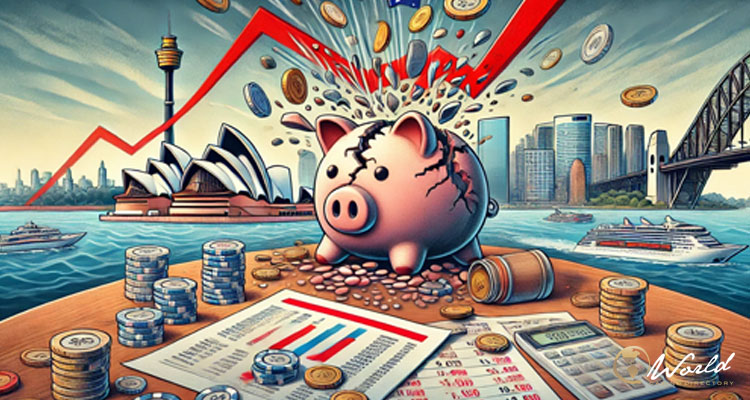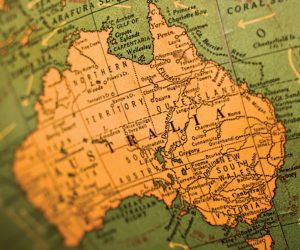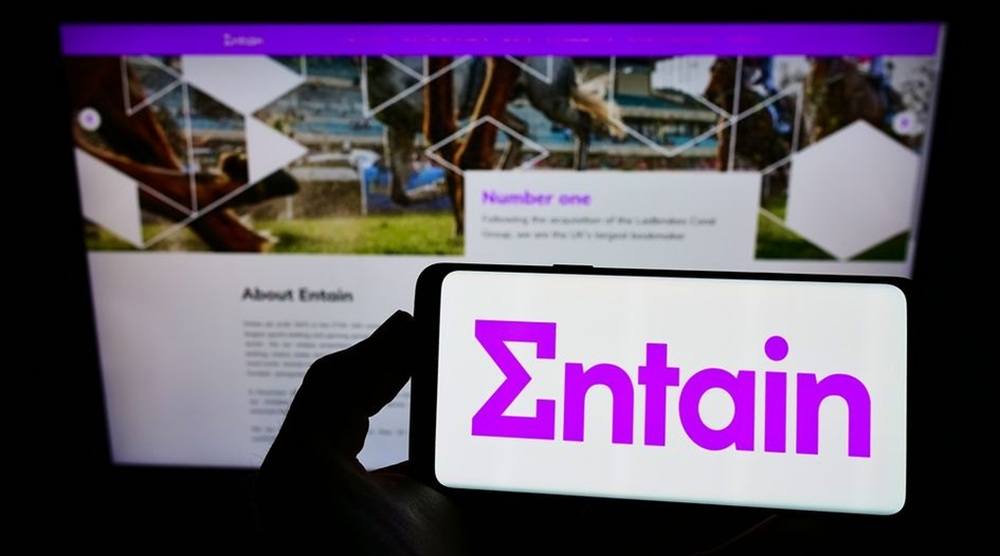Gambling reform advocate says Labor MPs would speak out if PM doesn’t deliver Peta Murphy ad ban

- by Admin
- August 12, 2024
Labor would risk an internal rebellion if it waters down gambling reforms recommended by the late Labor MP Peta Murphy, according to a leading campaigner.
The government is still preparing its response to a 2022 inquiry into online gambling harm, which Ms Murphy chaired prior to her death last December from cancer, aged 50.
Gambling, media and sporting companies have received closed-door briefings on Communication Minister Michelle Rowland’s tightly-held plans.
But Labor MPs remain unaware of the minister’s plans, and government sources have told the ABC gambling reform will not go to cabinet on Monday and that consultation is ongoing.
The Murphy inquiry called for a total ban on gambling advertising and “inducements” such as multis and bonus bets, phased in over three years.
Labor backbencher Mike Freelander told the ABC on Monday a total ban was “the only possible answer… from a public health perspective.”
But the Nine newspapers reported the government was considering a partial ban, which Ms Murphy’s inquiry bluntly concluded “would not work.”
Range of voices call for a ban
Tim Costello, who leads the Alliance for Gambling Reform, said Prime Minister Anthony Albanese was under “enormous pressure” to deliver on the Murphy inquiry, including from his colleagues.
“There will be a number of them speaking up about this,” he told the ABC’s RN Breakfast.
“There is great support within the caucus, I know that because a number of backbenchers have spoken to me.
“I was at Peta Murphy’s fiftieth birthday a few months before she died and there were a number of cabinet ministers there, and there was deep feeling and respect for Peta.
“They understood that she had done the work as chair of the inquiry to say that the normalisation of gambling is what is leading so many young people to take it up.”
On Saturday, an open letter endorsing the Murphy inquiry’s call for a total ban was signed by former Liberal prime ministers John Howard and Malcolm Turnbull, former Liberal premiers Dominic Perrottet and Jeff Kennett and former Labor premier Steve Bracks.
“The push for reform was coming from the left, because it was PM Albanese who set up the inquiry that made these recommendations,” Rev Costello said.
“With John Howard, the spiritual leader of the right [endorsing the cause], I have never seen such deep cross-party support to protect our young people.”
Australia the world’s biggest gambling losers
Australians spend and lose more to gambling than people in any other country in the world, amassing $25 billion in bets every year.
The Murphy inquiry heard that four in five of those who gambled were at risk of some harm and received testimony from victims of severe harm including financial ruin, substance abuse, homelessness, domestic violence and mental illness.
Young men are most vulnerable to gambling addiction, and the inquiry heard that the proliferation of gambling ads had been particularly effective in normalising the habit for that cohort, starting when they were children.
“Online gambling companies advertise so much in Australia because it works. Online gambling has been deliberately and strategically marketed alongside sport, which has normalised it as a fun, harmless, and sociable activity that is part of a favourite pastime,” the inquiry’s report read.
Rev Costello said the harms were comparable to the harms of tobacco advertising.
“The normalisation of gambling is what is leading so many young people to take it up. The advertising, just like what we saw with tobacco, is what caused young Australians to increasingly take up smoking.
“America’s blind spot is guns. The rest of the world looks at Australia and says Australia’s blind spot is gambling.”
The inquiry also heard evidence that a significant majority of gamblers wanted to gamble less and that a significant majority of Australians would support an ad ban.
Money on the line
Standing against a total ban is an alliance of gambling companies, sporting codes and commercial media companies.
All three groups have a financial interest in gambling and advertising.
Free TV, which represents commercial networks including Seven, Nine and Ten, told the inquiry any further restrictions on advertising would erode the value of contracts for broadcasting live sport, threatening both sports broadcasting and current affairs programming.
Then-AFL chief executive Gillon McLachlan said the sport used the money to invest in community sports and reducing ticket prices for fans. “Our job is to balance [gambling harm] with the funding of game development… We are not going to try and sugar coat that.”
Neither the sporting codes nor the commercial networks revealed how much revenue they received from gambling.
But they presented a mostly united front in defending the status quo, which includes a ban until 8:30pm during live sport, compulsory warnings in ads, and “self-regulation” such as betting platforms allowing users to set loss limits.
The industry also argues sports betting makes a smaller contribution to total gambling losses than other forms of gambling, especially pokies, and argues a ban would push Australians to illegal online gambling platforms.
Major parties ‘gutless’: Wilkie
Rev Costello said the arguments of “very, very powerful vested interests” were being “weighed up against the public interest.”
“The foreign-owned sports betting companies have compromised [the major parties] so much.”
The perception that the major parties are aligned with those interests is widely held on the House and Senate crossbenches.
“If we don’t get [a total ban] it would be for one reason: because the government is scared stiff of the media companies and the gambling companies and the major sporting codes,” independent MP Andrew Wilkie said on Monday morning.
“Time and time again it has been clear to me that the Labor and the Liberal parties are gutless, completely gutless when it comes to gambling reform.”
Mr Wilkie is one of several crossbenchers who has campaigned on gambling reform, including Rebekha Sharkie and Zoe Daniel.
Ms Daniel said the government had “an opportunity to honour Peta Murphy’s legacy.”
“There are teenage boys out on the football field playing sport and there are runners running out to them to give them an update on their multis … people in my electorate are telling me, ‘do not let this go,'” she said.
Posted , updated
The Latest News
-
December 23, 2024Australian tennis star Purcell takes on voluntary provisional suspension for breaking anti-doping rules
-
December 23, 2024Wimbledon champion accepts ban for anti-doping breach just months after winning US Open
-
December 23, 2024Australian tennis star Purcell takes voluntary suspension over anti-doping breach
-
December 23, 2024Max Purcell to miss Australian Open after accepting ban for anti-doping breach
-
December 23, 2024Australian tennis star Purcell provisionally suspended for doping





